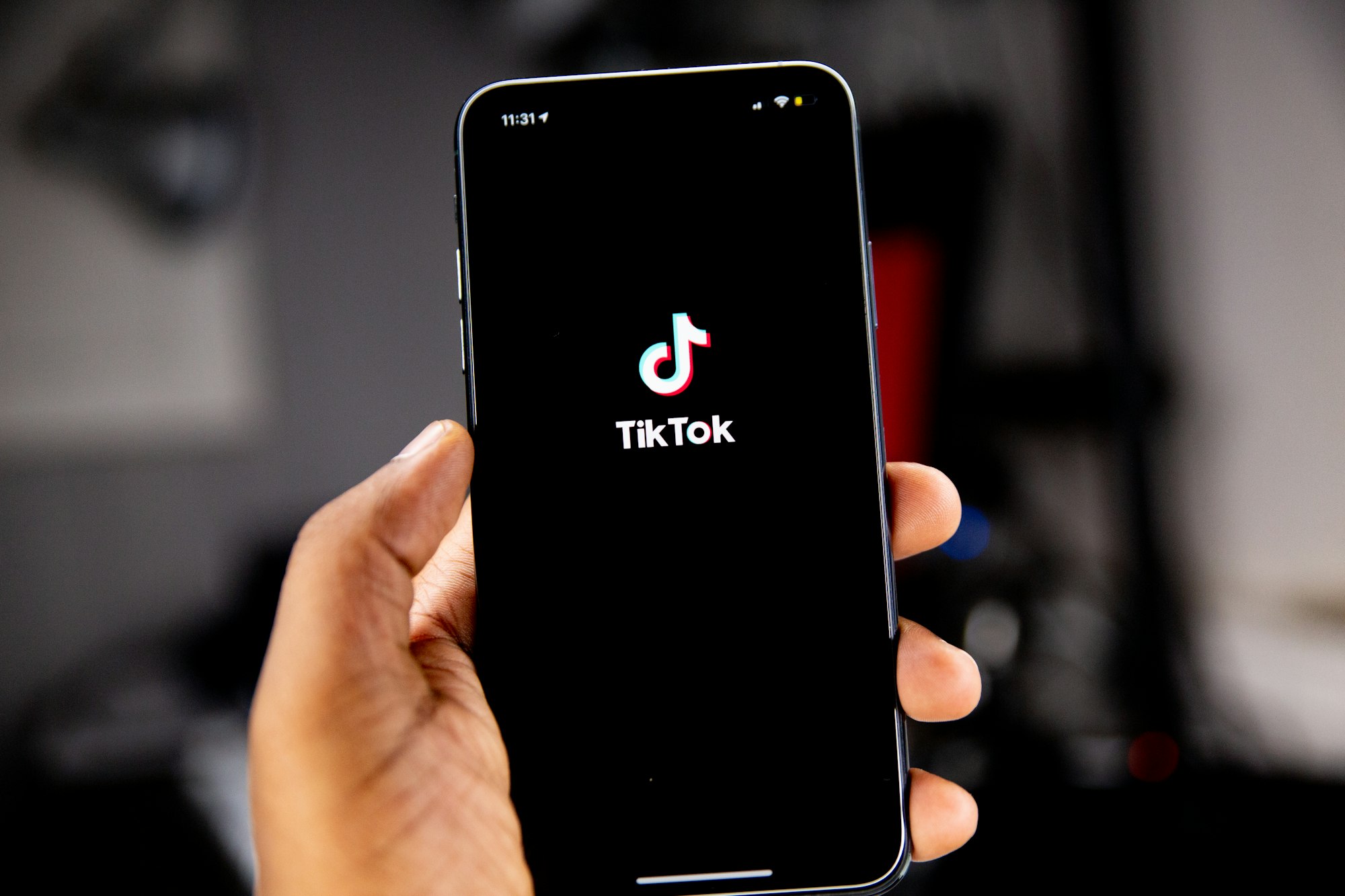TikTok considers US version of algorithm to address security concerns
The code-splitting initiative, reportedly underway for several months, involves hundreds of engineers sifting through millions of lines of code.
Facing potential expulsion from the US market, TikTok is undertaking a significant technical effort to distance itself from its Chinese parent company ByteDance.
According to sources familiar with the project, TikTok is building a separate version of its recommendation algorithm, the core technology that powers the app's addictive user experience.
This move comes amidst rising US national security concerns regarding TikTok's data collection practices and potential ties to the Chinese government. Lawmakers have gone so far as to pass legislation forcing a sale of TikTok's US operations, a move currently being challenged in court by both TikTok and ByteDance.

The code-splitting initiative, reportedly underway for several months, involves hundreds of engineers sifting through millions of lines of code. Their goal is to create a US-specific codebase entirely independent of the system used by Douyin, TikTok's Chinese counterpart. This separation would also eliminate any data connections between US users and those in China.
The complexity of the task is immense, with estimates suggesting it could take over a year to complete. It highlights the challenges of untangling TikTok's US operations from its Chinese roots. This effort goes beyond previous attempts like Project Texas, which focused solely on isolating US user data. Here, TikTok is aiming for a more comprehensive technological separation.
While the long-term viability of a US-built recommendation algorithm remains uncertain, TikTok's actions demonstrate the lengths they're willing to go to appease US regulators and remain operational in the lucrative American market.
Meanwhile, the social media giant is also currently embroiled in a legal battle with the US arguing that the forced divestment violates First Amendment rights. TikTok maintained the sale requirement was "simply not possible: not commercially, not technologically, not legally. And certainly not on the 270-day timeline required by the Act".

With a complex technical undertaking underway and a legal battle raging, the coming months will be a high-stakes gamble for TikTok. Will their code-splitting efforts appease US security concerns and secure their future in the country, or will they be forced to rely on a legal miracle to stay afloat?









